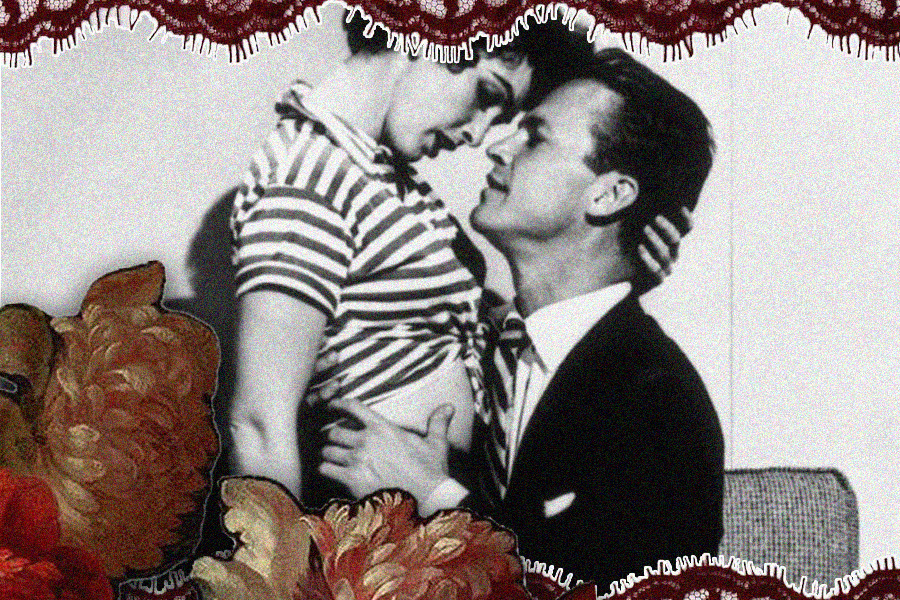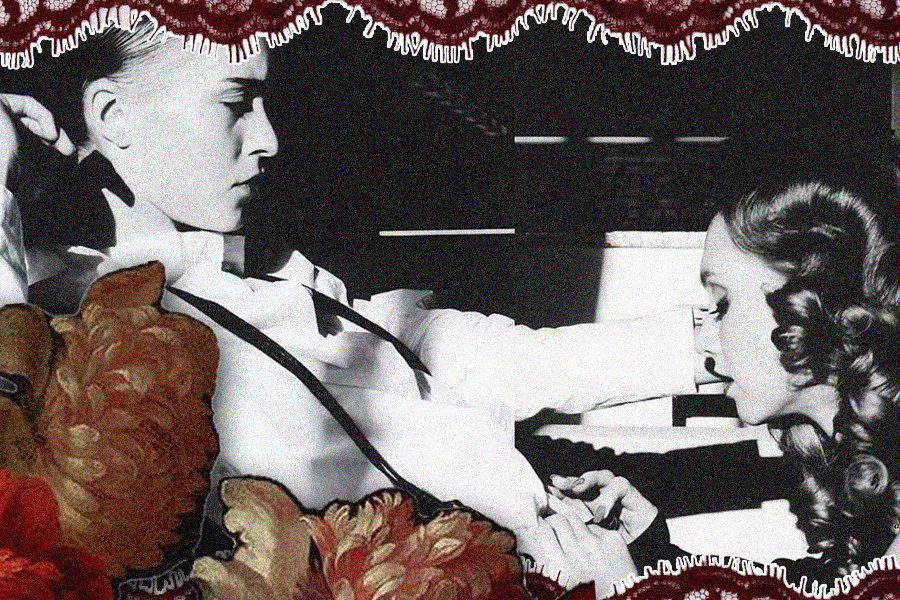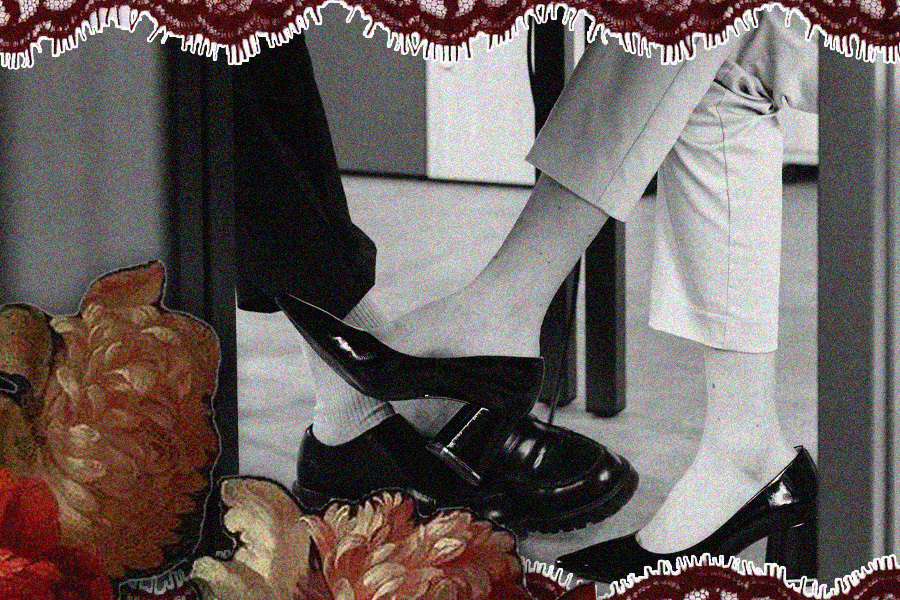
Why Women Are More Attracted to Authority Figures
Exploring why power still drives modern attraction dynamics.
Women's attraction to authority figures stems from evolutionary psychology that predates modern society by thousands of years. Research in behavioral sciences points to specific neural pathways that activate when women encounter men displaying leadership traits. The anterior cingulate cortex, responsible for social evaluation, shows increased activity during interactions with high-status males.
This biological response served practical purposes throughout human evolution. Men who controlled resources and commanded respect from their peers offered better protection and provision for offspring. The preference persisted because women who selected authoritative partners had children with higher survival rates. These patterns became encoded in our genetic makeup over countless generations.
Brain chemistry plays a fascinating role here too. Testosterone levels in dominant males trigger specific pheromonal responses that women unconsciously detect. Studies measuring cortisol and dopamine levels show that women experience physiological arousal when interacting with men in positions of power, even when those women consciously report no romantic interest.
When Power Dynamics Shape Dating Preferences

Women who gravitate toward authority figures often seek partners across different platforms and social circles where leadership qualities naturally emerge. Professional networking events attract those drawn to CEOs, while political fundraisers bring together people interested in lawmakers, and even niche communities on a sugar dating app connect those who appreciate established success. The common thread isn't money or status alone but rather the confidence and decisiveness these positions cultivate.
This pattern shows up everywhere, from university campuses where professors attract graduate students to hospitals where senior doctors catch the attention of younger staff. Authority manifests differently across contexts, yet the psychological pull remains consistent. Women responding to these traits aren't following a script but recognizing qualities that signal competence and stability in various forms.
Confidence Creates Its Own Gravity
Authority positions require making decisions that affect others, and this responsibility builds a particular kind of self-assurance. Men who regularly handle pressure develop body language and verbal patterns that signal competence. Their posture straightens, their speech becomes more measured, and they maintain eye contact longer than average. Women pick up on these subtle cues within seconds of meeting someone.
The confidence that comes from leadership positions differs from bravado or arrogance. Authority figures learn to project calm during crisis situations because their roles demand it. This emotional regulation becomes attractive because it suggests reliability during life's unpredictable moments. A man who remains composed while managing a team through quarterly losses will likely handle personal challenges with similar grace.
Social Proof and Preselection

Authority figures come pre-vetted by society. When a man holds a senior position, other people have already evaluated his competence and found him worthy of responsibility. This social proof eliminates much of the guesswork that dating typically involves. Women observing a man commanding respect from his peers receive immediate confirmation of his value without conducting their own lengthy assessment.
Preselection operates as a powerful psychological principle here. The same man might receive minimal attention at a casual bar but draw considerable interest at a professional conference where his position becomes known. His inherent qualities remain unchanged, yet the context that establishes his authority transforms how women perceive him. Other women's interest further amplifies this effect, creating a feedback loop where desirability breeds more desirability.
Why Money Alone Doesn't Explain Everything

Financial success correlates with authority but doesn't fully explain the attraction. Women show equal interest in military officers, academic department heads, and nonprofit directors whose salaries pale compared to corporate executives. The unifying factor across these roles involves decision-making power and the respect that accompanies it.
Consider how women respond to firefighters versus accountants. Both professions can provide financial stability, yet firefighters consistently rank among the most attractive professions in surveys. The difference lies in the authority firefighters wield during emergencies and the leadership they display while coordinating rescue efforts. Their moderate salaries become irrelevant when weighed against the commanding presence their work requires.
The Dark Side Nobody Discusses

Power differentials create complicated dynamics that deserve examination. Relationships between authority figures and those attracted to them can develop unhealthy patterns where one person holds disproportionate control. The same qualities that generate initial attraction might later enable manipulation or create dependency.
Some women pursue authority figures specifically because they want someone else making major decisions. This preference might stem from childhood experiences where strong paternal figures provided security, or conversely, where their absence created a void. Recognizing these motivations helps people make conscious choices rather than repeating unconscious patterns.
Modern Contexts and Ancient Instincts

Dating apps now let users filter by profession and education level, essentially screening for authority markers. Women swipe through profiles looking for job titles that suggest leadership roles. Yet the fundamental attraction predates smartphones by millennia. The medium changed, but the message remains consistent: women respond to men who demonstrate competence through positions of responsibility.
Corporate hierarchies, academic institutions, and military structures provide modern frameworks for displaying the same leadership qualities that attracted women in hunter-gatherer societies. The tribe's best hunter became the company's top salesperson. The warrior who protected the village transformed into the police chief who keeps communities safe. Contexts shifted while core dynamics endured.












